- With a 70% chance of turning red in September, Bitcoin historically bounces back strong in Q4, especially during halving years.
- Institutional investors dominate in 2024, as retail traders take a backseat, tying Bitcoin’s fate more closely to macro trends.
- Despite potential short-term dips, Bitcoin’s mid-term outlook stays bullish, with investors betting on a recovery ahead.
How has September shaped markets over the years?
Halving year = green Q4
Bitcoin has its own “September effect,” which historically fares worse than the one seen in the stock market. Over the past 11 years, Bitcoin has experienced an average price decline of over 4% in September, ending the month in the red more than 70% of the time. In comparison, the S&P 500 has posted a negative September in 56% of cases since 1928, with an average decline of just 1.17%.
On the other hand, Bitcoin tends to recover relatively quickly from this difficult month. Historically, there’s a 75% chance that a negative September will be followed by a positive October, and a green September typically leads to gains through the rest of the year. In halving years like 2024, Bitcoin has consistently shown positive Q4 returns, regardless of its September performance.
Source: CoinGlass
Suits continue replacing hoodies
Bitcoin’s price movement was predominantly driven by retail investors in previous cycles. The status quo notably shifted in 2024, with the growing presence of institutional players. Bitcoin’s performance in 2024 was significantly affected by the introduction of U.S. spot ETFs in January, with the asset price being directly correlated with ETF flows. Moreover, Bitcoin saw an increased concentration of trading volume during U.S. market hours, especially at the end of the trading day. Notably, end-of-day trading tends to be dominated by institutional investors on the stock market as well.
Source: CoinGlass
Another distinctive attribute of Bitcoin markets in 2024 is a wider drop in on-chain activity and new addresses, despite the year-to-date price increase. In previous cycles, the number of new and active addresses was positively correlated with Bitcoin’s price, but since January the correlation has turned negative. This acts as an additional confirmation that Bitcoin currently faces less retail participation.
Source: Glassnode
Is this September set to break the mold?
Bitcoin’s September effect will likely hit the market this year, and could be partially fueled by the attitude of institutional investors. A key catalyst for Bitcoin in September is widely expected to be the U.S. Federal Reserve’s potential rate cut. The market is largely anticipating a quarter-point reduction, which could spark moderate Bitcoin volatility. A 50 basis point cut is possible, but it will likely spook wider markets, and could negatively affect risk-sensitive markets like crypto. If the Federal Reserve’s decision remains the main focus for Bitcoin markets in September, BTC’s correlation with the stock market could increase.
Source: Block
Bitcoin is currently moving within a descending channel with reduced trading volume, suggesting a pause in the long-term upward price trend. It has recently dipped below its 20-day and 20-week EMAs, while the RSI remains neutral, signaling that the path of least resistance may be downward. The 50-week SMA currently acts as a major support level, as it did during previous cycles, and has already served as a buffer for Bitcoin’s dip in early August.&
Bitcoin is hovering around the 0.382 Fibonacci retracement level, which acted as a critical support zone during the price consolidation from March to October 2023. If the bears manage to keep the price below this level, it could trigger a decline towards the 0.5 Fibonacci point.
The asset is nearing its two-year support line, which could act as a trend reversal point, and may be tested by late September or early October. A break below this support, especially with increased trading volume, could signal that bearish momentum may persist into early Q4.
In addition, the Active Address Sentiment Indicator (AASI) signals that the market sentiment may be overheated, as the 28-day price change has hit the indicator’s upper boundary. Historically, this has preceded a price drop in the following weeks.
Source: Bitcoin Magazine Pro
Mid-term Bitcoin outlook remains positive
Despite bearish short-term signs, Bitcoin holders remain optimistic about the asset’s prospects. Bitcoin has seen significant outflows from exchanges over the past three months, with exchange reserves continuing their downtrend. This is generally viewed as a bullish signal, as it suggests holders are less likely to sell shortly.
Source: CryptoQuant
While Bitcoin experienced consistent price declines over the past six months, its funding rate has remained largely positive, indicating that many traders expect a rebound. This sustained long positioning reflects confidence, as market participants are willing to pay a premium to maintain their positions, betting on a further price recovery.
Source: CryptoQuant
In addition, there is no crossover of the green and orange lines on the Pi Cycle Top & Bottom Indicator, which typically appears near cycle peaks. The oscillator is far from the red zone, suggesting the potential for Bitcoin to update its all-time high, and reach a new cycle peak in the following 12 months.
Source: Bitcoin Magazine Pro
A setup for Q4 and months ahead
The main defining factor for Bitcoin’s price in the following weeks and/or months will be the direction of the descending channel breakout. The height of the channel is used to identify the potential price target following the breakout.&
Hence, if the asset breaks and sustains below the lower border of the channel, this may open the gate to $40,000, and could be treated as a bearish scenario. Conversely, the bullish outcome implies a potential price target near $86,000.&
A much more bullish scenario includes the potential formation of the Flag pattern. Bitcoin experienced a strong volume within the flagpole and decreased volume during the flag body formation, qualifying for the Flag pattern setup. It will be considered confirmed after a breakout of the flag body in the direction of the established trend with a significant volume increase. The Flag pattern typically signals that the further price movement may be as large as an initial flagpole, or up to $150,000 in this case. However, keep in mind that the actual price target may vary depending on the volume.
Conclusion
September may be seen as an extension of the summer’s subdued market movements, potentially acting as the final hurdle before Bitcoin’s historically strongest quarter. Although near-term indicators point that Bitcoin’s September effect could turn valid this month, Bitcoin’s Q4 prospects look rather positive. If historical trends hold true, Bitcoin may experience a strong rally as the year progresses, and prepare the ground for a potentially bullish 2025.
The web content provided by CEX.IO is for educational purposes only. The information and tools provided neither are, nor should be construed as, an offer, or a solicitation of an offer, or a recommendation, to buy, sell or hold any digital asset or to open a particular account or engage in any specific investment strategy. Digital asset markets are highly volatile and can lead to loss of funds.
The availability of the products, features, and services on the CEX.IO platform is subject to jurisdictional limitations. To understand what products and services are available in your region, please see our list of supported countries and territories. This page includes additional links to information about individual products, and their accessibility.&

You can get bonuses upto $100 FREE BONUS when you:
💰 Install these recommended apps:
💲 SocialGood - 100% Crypto Back on Everyday Shopping
💲 xPortal - The DeFi For The Next Billion
💲 CryptoTab Browser - Lightweight, fast, and ready to mine!
💰 Register on these recommended exchanges:
🟡 Binance🟡 Bitfinex🟡 Bitmart🟡 Bittrex🟡 Bitget
🟡 CoinEx🟡 Crypto.com🟡 Gate.io🟡 Huobi🟡 Kucoin.





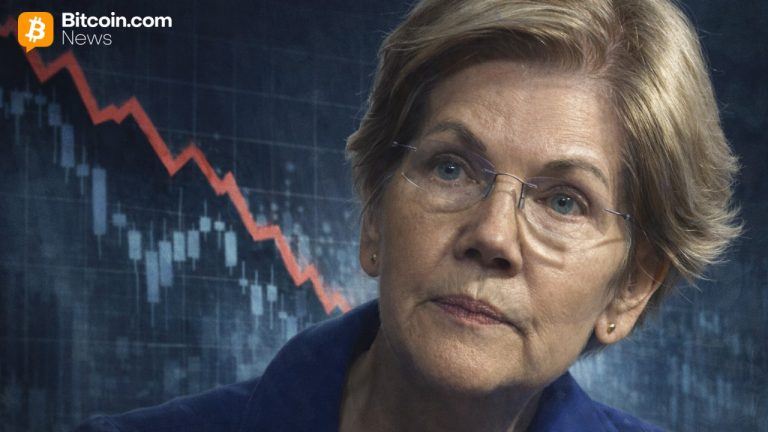

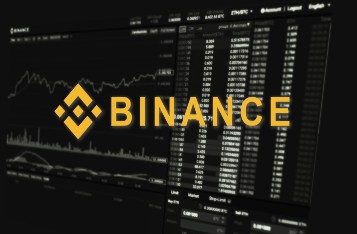
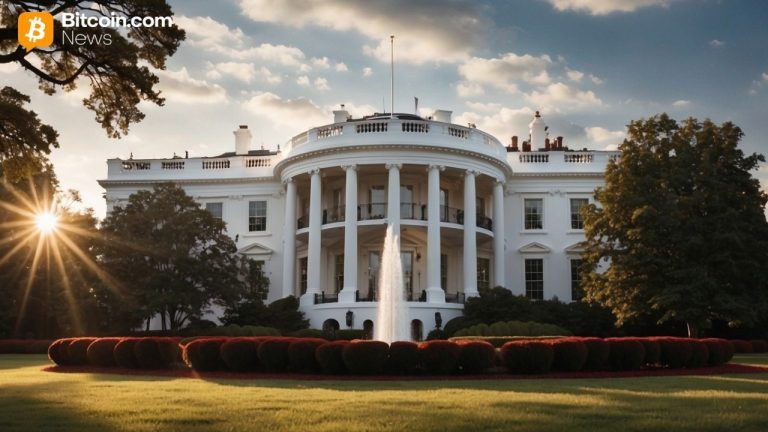






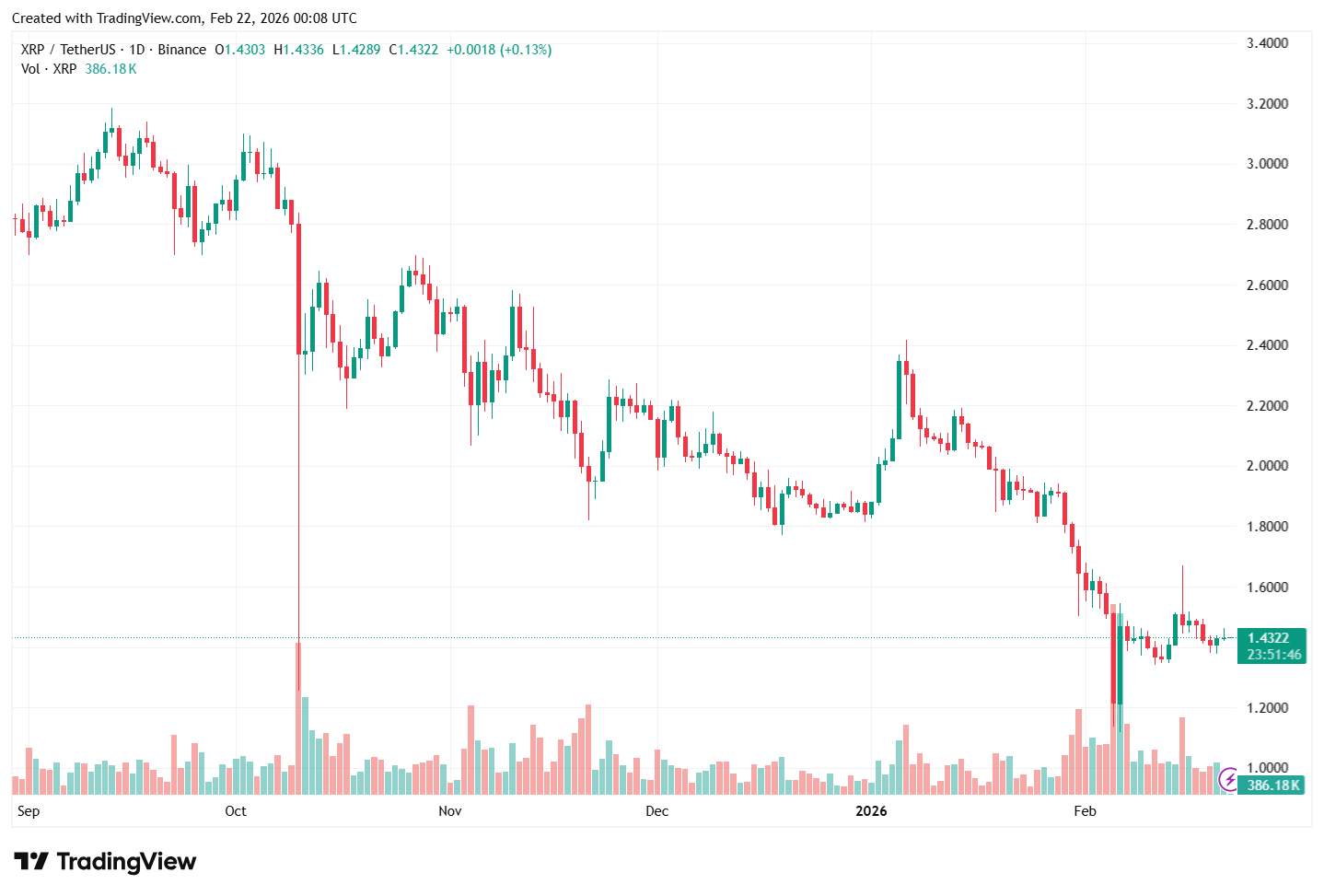

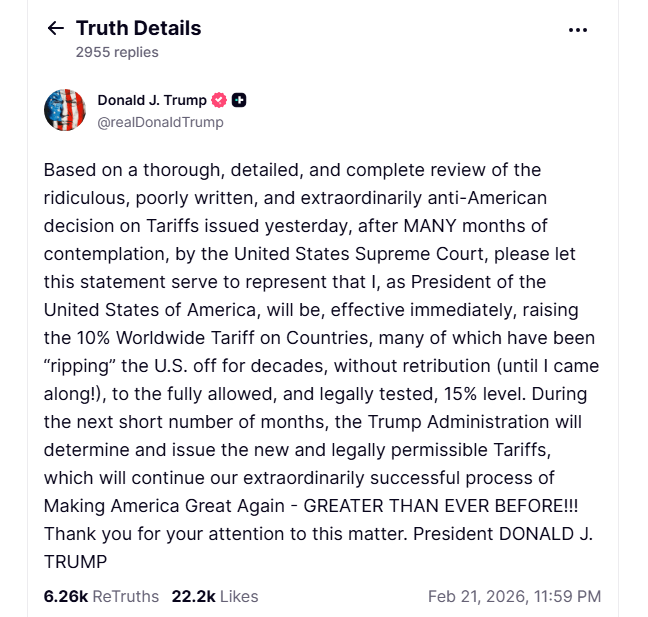


Comments